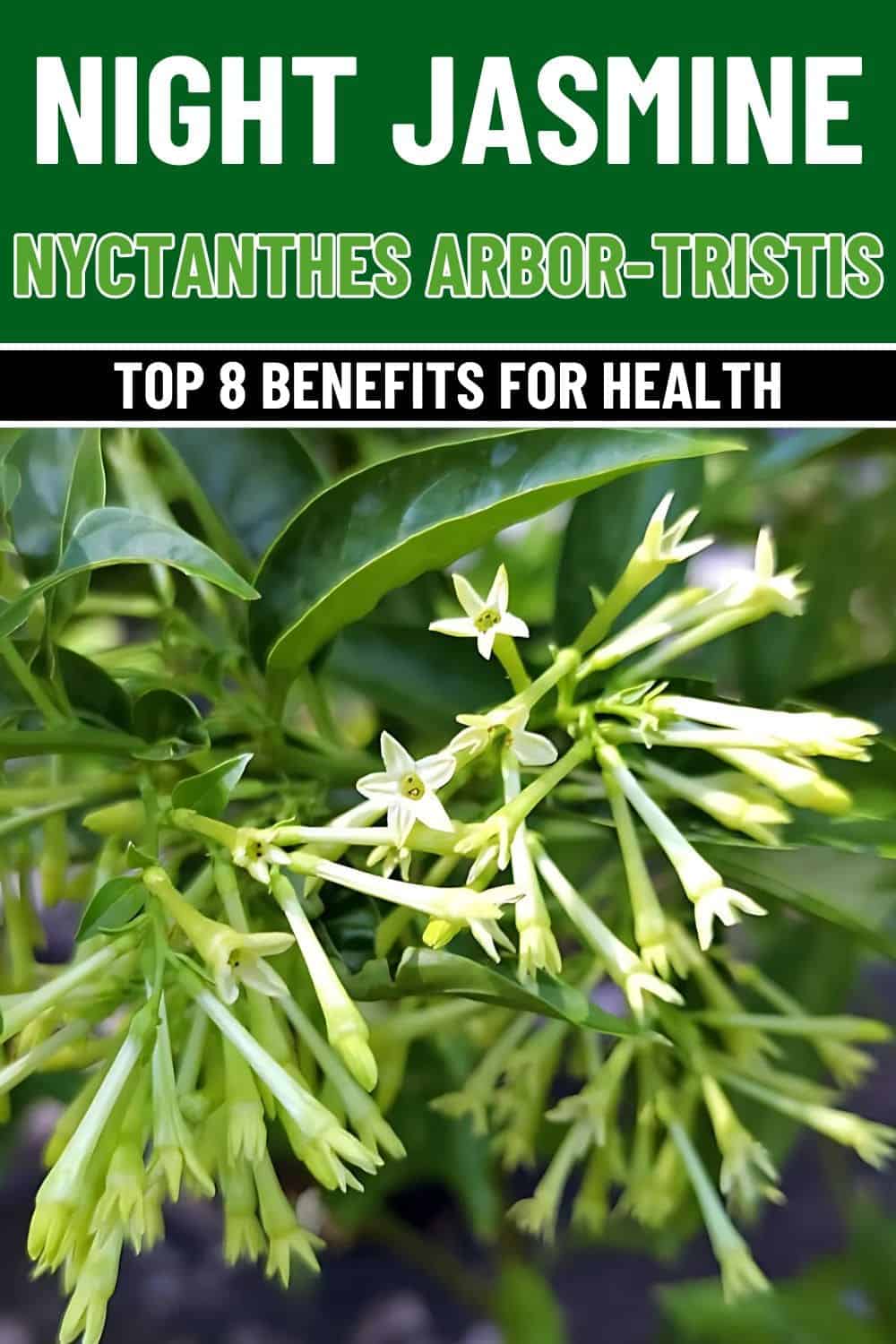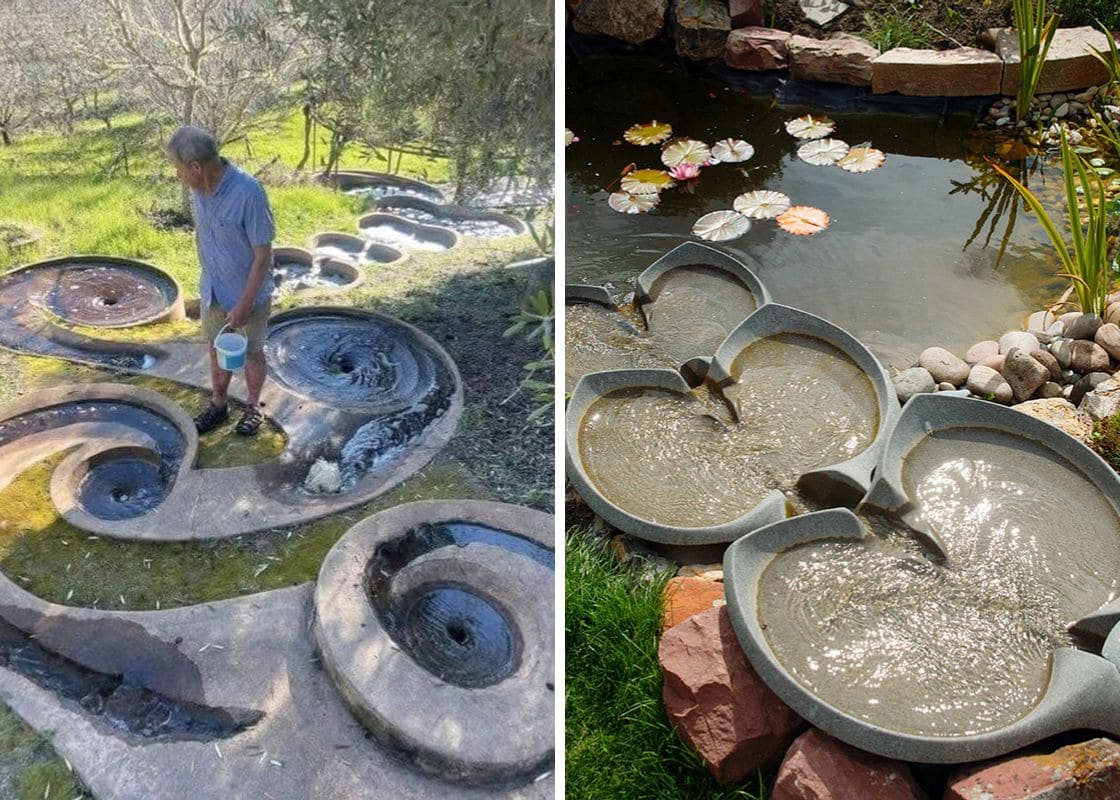Night jasmine (Nyctanthes arbor-tristis), also known as parijat or the “sad tree,” is a fragrant flowering plant native to South Asia and Southeast Asia.
Revered for its delicate white and orange blossoms, this plant is more than just a garden beauty.
Night jasmine has been used for centuries in Ayurveda and traditional medicine for its wide array of health benefits.
#1. Relieves Joint Pain and Arthritis
Night jasmine leaves are a natural remedy for joint pain, arthritis, and other inflammatory conditions. The iridoid glycosides in the leaves reduce inflammation and alleviate swelling.
A study published in the Journal of Ethnopharmacology found that extracts from night jasmine leaves significantly reduced joint inflammation in animal models, supporting its traditional use for arthritis.
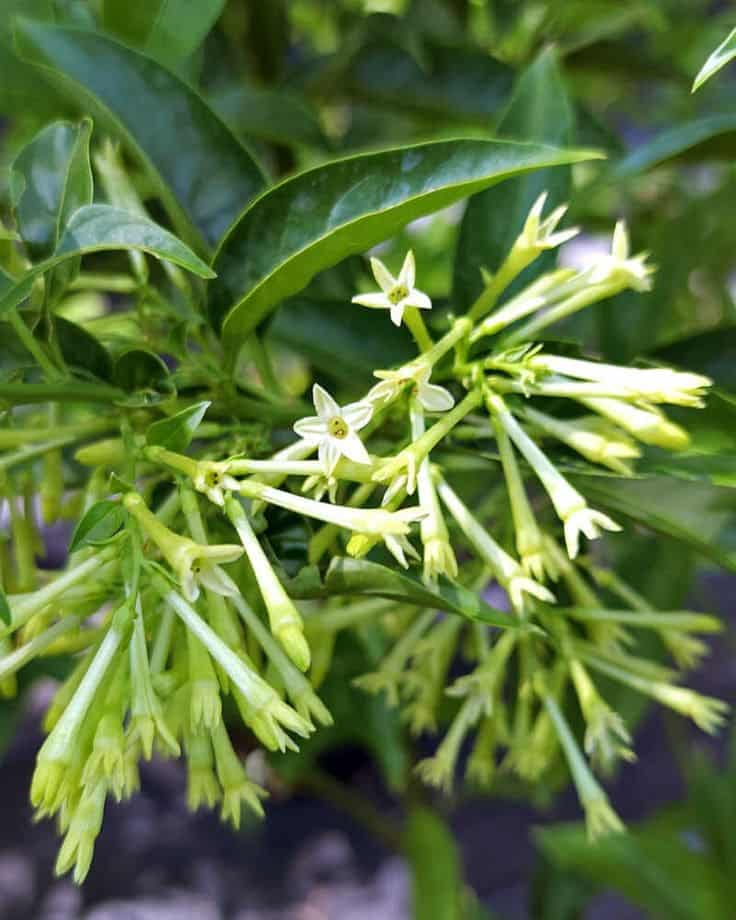
#2. Boosts Immunity
Night jasmine is rich in flavonoids and tannins, which enhance the body’s immune response by neutralizing harmful free radicals.
Therefore, regular consumption of night jasmine tea can help strengthen your immune defenses, particularly during flu season.
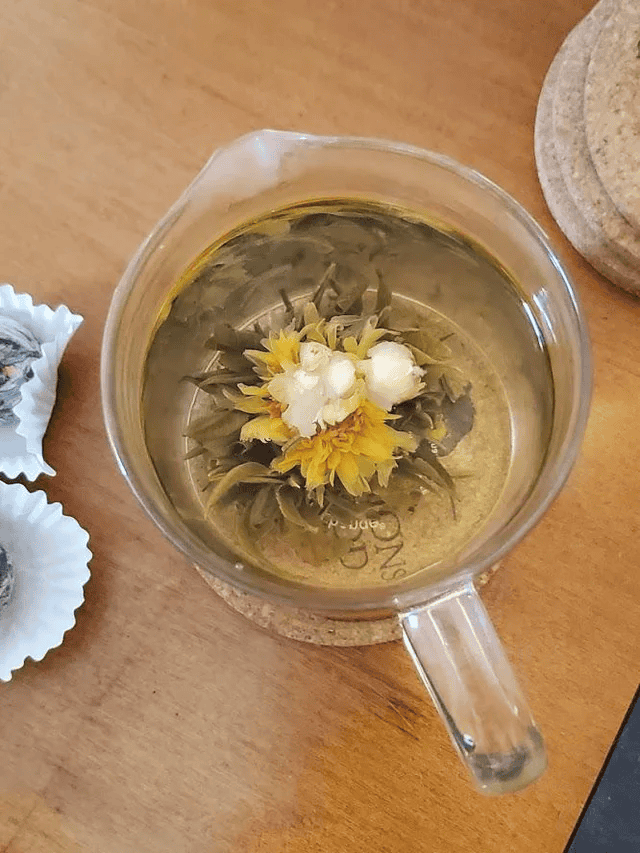
#3. Treats Fever and Malaria
In traditional medicine, night jasmine is used to treat fevers caused by malaria and other infections.
The antipyretic (fever-reducing) properties of the plant help bring down high temperatures, while its antimicrobial effects fight the underlying infection.
#4. Soothes Digestive Issues
Night jasmine supports digestive health by addressing common issues like constipation and acidity. Its tannins provide mild astringent properties, which help regulate bowel movements and soothe the digestive tract.
Additionally, the plant’s anti-inflammatory effects reduce discomfort associated with gastrointestinal conditions.

#5. Supports Liver Health
The iridoid glycosides in night jasmine protect the liver from damage caused by toxins and oxidative stress.
Research in Phytotherapy Research found that night jasmine extracts improved liver enzyme levels and reduced oxidative damage in the liver, highlighting its hepatoprotective potential.
#6. Promotes Skin Health
Night jasmine’s antimicrobial and anti-inflammatory properties make it a natural remedy for skin conditions like acne, eczema, and fungal infections.
Whenever you get trouble, apply a paste of night jasmine leaves directly to the affected area or use the decoction as a natural toner.

#7. Treats Respiratory Issues
Night jasmine is known for its ability to soothe respiratory ailments like cough, bronchitis, and asthma.
You just prepare a warm decoction of night jasmine leaves and drink it twice daily to relieve respiratory symptoms.

#8. Alleviates Anxiety and Promotes Sleep
The calming fragrance of night jasmine flowers is known to reduce stress and promote relaxation.
Traditionally, the flowers are used to combat insomnia and improve sleep quality. The plant’s sedative properties can also help reduce symptoms of anxiety.
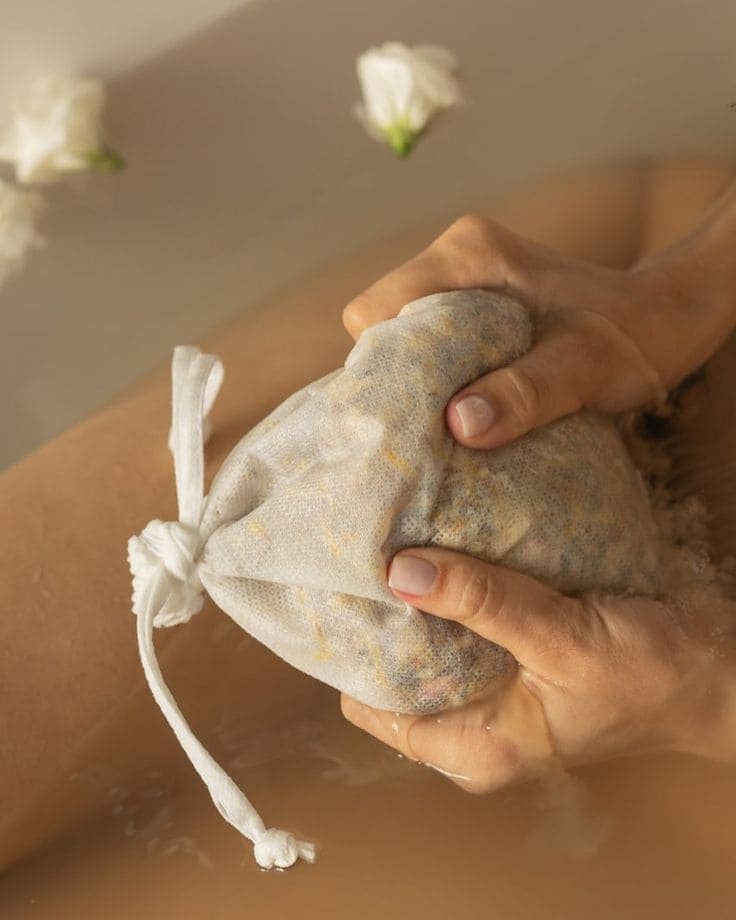
How to Use Night Jasmine
Night jasmine can be used in various forms depending on the desired benefit:
- Decoction: You can boil the leaves or bark in water to create a medicinal tea.
- Paste: Crush fresh leaves into a paste for topical application on skin issues or joint pain.
- Essential oil: You can completely use diluted night jasmine essential oil for massages or aromatherapy.
- Tea: You just collect the flowers, then blew them into a soothing herbal tea to promote relaxation and digestion.
Precautions and Side Effects
You should avoid using night jasmine during pregnancy or while breastfeeding, as its effects are not fully studied.
In addition, everyday, you just stick to 5–10 grams of leaves or bark per cup or if you love tea, consume 1–2 cups made from flowers.
Disclaimer
This article is for informational purposes only and should not replace professional medical advice.
Always consult with a healthcare provider before using night jasmine, especially if you have existing health conditions or are taking medications.
